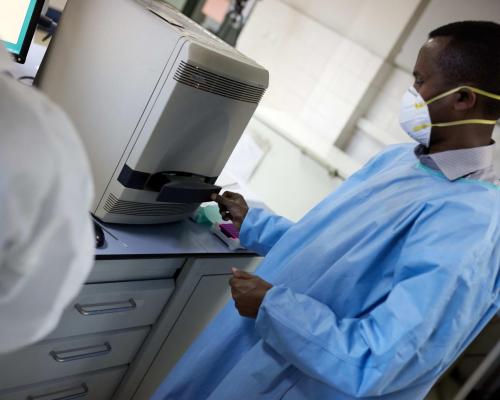
Brazzaville – Weekly COVID-19 cases in Africa fell by more than 20%—the sharpest seven-day decline in two months – as the third wave pandemic tapers off. However, the rate of deceleration is slower than the previous waves owing to the impact of more transmissible variants.
The continent recorded more than 165 000 cases in the week ending on 5 September—23% lower than the week before, yet still higher than the weekly cases recorded at the peak of the first wave.
The more contagious Delta variant that partly fuelled the third wave has been dominant in several countries that experienced COVID-19 surge. In southern Africa, for instance, where more than 4000 COVID-19 genome sequencing data was produced in August, the Delta variant was detected in over 70% of samples from Botswana, Malawi and South Africa, and in over 90% from Zimbabwe.
“While COVID-19 cases have declined appreciably, the downward trend is frustratingly slow due to the lingering effects of the more infectious Delta variant,” said Dr Matshidiso Moeti, World Health Organization (WHO) Regional Director for Africa. “We are spearheading critical work and supporting countries in scaling up pathogen surveillance through genome sequencing to detect and respond effectively to COVID-19 variants.”
In collaboration with the South African National Bioinformatics Institute, WHO is at the forefront of the efforts to set up the Regional Centre of Excellence for Genomic Surveillance and Bioinformatics in Cape Town. The centre will support 14 countries before being expanded to serve more countries. Last year, WHO and partners established a COVID-19 sequencing laboratory network in Africa which has to date produced nearly 40 000 sequencing data.
“The continent lags far behind the rest of the world when it comes to sequencing, with only 1% of over 3 million COVID-19 sequences conducted worldwide occurring in Africa,” said Dr Moeti. “The third wave has shown us how variants can hijack the efforts to tame the pandemic. Countries must step up surveillance because without genomic information, variants can spread undetected. You can’t fix what you don’t measure.”
WHO has also recently provided financial support to countries including Eswatini, Sao Tome and Principe and Senegal to reinforce genomic surveillance. To date, the dominant Delta variant has been detected in 31 African countries, while the Alpha and Beta variants have respectively been identified in 44 and 39 countries.
The C.1.2 variant initially identified in South Africa has so far been detected in 130 cases in 10 countries globally, including five in Africa. Although the variant has exhibited concerning mutations, there is no evidence that it is more transmissible or may affect vaccine efficacy, but more research is needed.
As Africa’s third COVID-19 pandemic wave eases off, vaccine shipments to the continent continue to grow, with around 5.5 million doses received through COVAX in the first week of September. However, only around 3% of the continent’s population is fully vaccinated.
“To ultimately tip the scales against this pandemic, our best efforts to reduce transmission through public health measures must be met by a significant step-up in vaccine supplies and vaccinations,” Dr Moeti said.
Dr Moeti spoke during a virtual press conference today facilitated by APO Group. She was joined by Professor Alan Christoffels, Director of the South African National Bioinformatics Institute, and Dr Christian Happi, Professor of Molecular Biology and Genomics and Director at the African Centre of Excellence for Genomics of Infectious Diseases at Redeemer’s University in Nigeria.
Also on hand to respond to questions were Dr Nicksy Gumede-Moeletsi, Regional Virologist, WHO Regional Office for Africa, Dr Richard Mihigo, Coordinator, Immunization and Vaccines Development Programme, WHO Regional Office for Africa, and Dr Thierno Balde, Regional COVID-19 Deputy Incident Manager, WHO Regional Office for Africa.


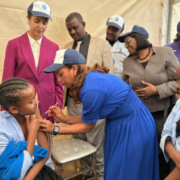
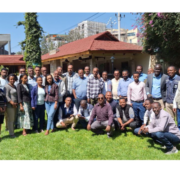


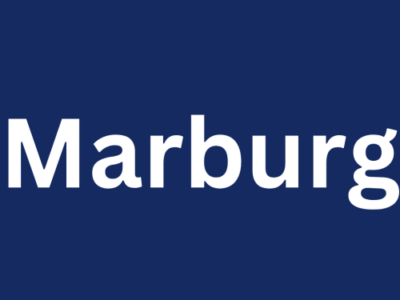
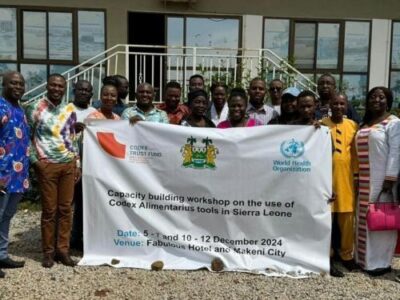



Comments